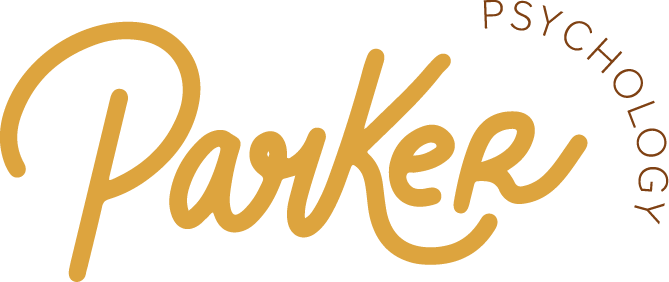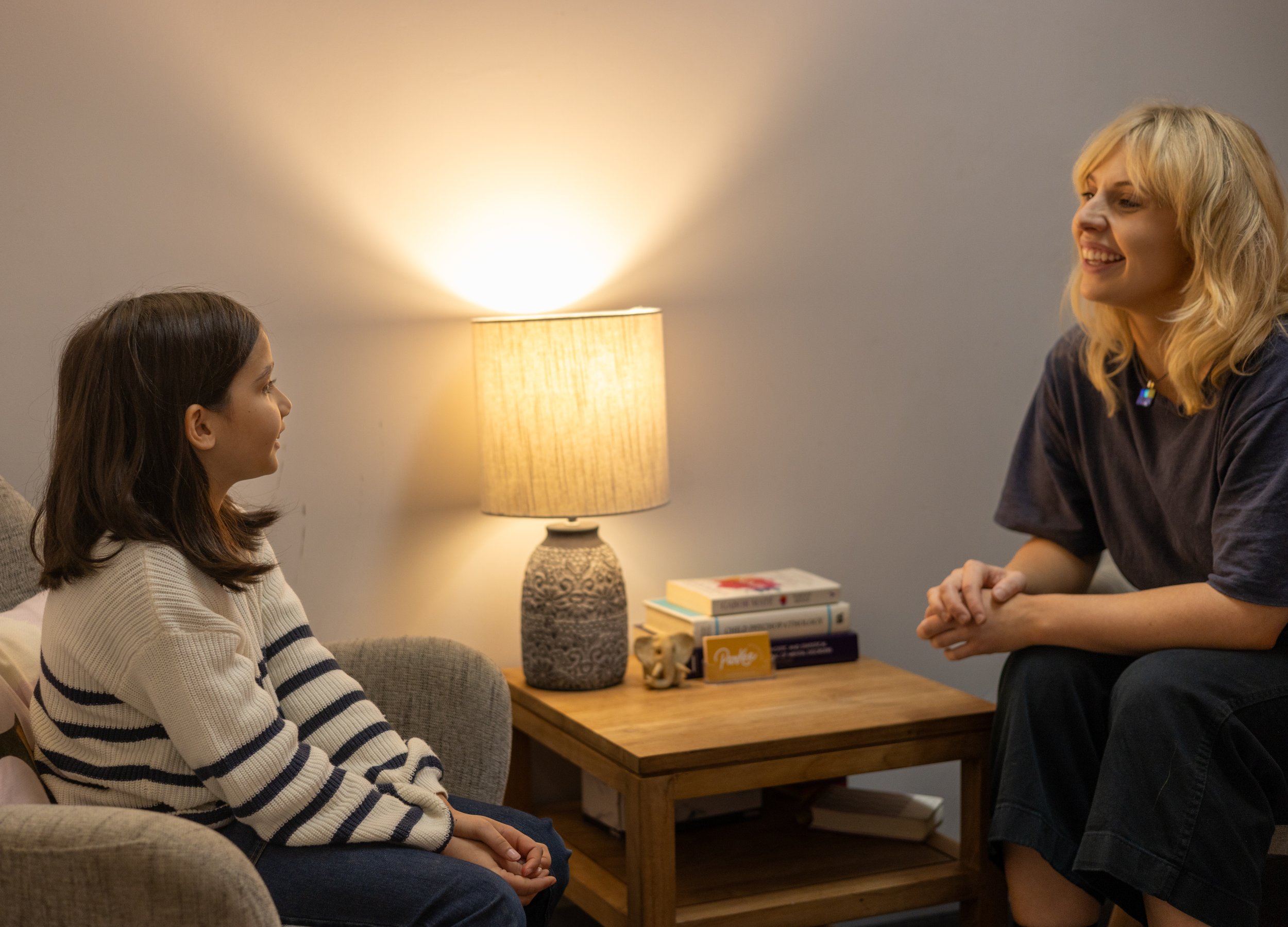
For children, toys are their words and play is their language
- Gary L Landreth
Child Psychology
Child psychology refers to the process of working to understand a child's psychological experience. We look to create a safe space in which the child can express and navigate their mental health difficulties in an age appropriate way, and work together with parents or carers in understanding their child's emotions and behaviours.
Children who come along to meet with me may struggle with a range of difficulties including:
Worry or stress
Withdrawn behaviour
Low mood
Divorce
Anger
Grief
Bullying & friendship issues
Self-esteem & confidence
Toileting issues
School refusal
ADD / ADHD
Non-medical somatic complaints
Gender & identity issues
“We have to understand before we intervene…understanding your deeply feeling kid will change more in your home than any strategy your learn because understanding your kid changes the lens in which you see everything” - Dr Becky
What is Play Therapy?
In Play Therapy toys are provided to children to help them express what they have difficulty saying in words.
Play Therapy is based upon the fact that play is the child’s natural medium of self-expression. It is an opportunity which is given to the child to ‘play out’ their feelings and problems, just as in certain types of adult therapy an individual ‘talks’ out their difficulties. - Virginia Axline
Parents & Carers, what to expect.
In most cases, I will meet first with parents or carers in an initial parent session. It is important for any therapist working with a young child to hear from the primary carers as they sit with a wealth of knowledge, insight and understanding about the child that assists tremendously in making sense of the child's presenting difficulties.
I will also have initial assessment sessions with the child.
Following this, I will meet again with parents or carers to discuss the child's therapeutic needs, the usefulness of counselling for the child and what session frequency and duration may look like for the family.
How long will therapy take for my child?
As with adults, play therapy is a process. Sometimes adults leave a session feeling great, and sometimes they leave a session feeling emotionally off-kilter. Children are no different.
Some children change faster than others, and it is very difficult to predict a child’s pace in therapy.
What to tell your child about coming to therapy?
You may like to tell your child they will be coming to be with Georgia-May in a playroom, where there are lots of toys for them to play with. If your child wants to know why they are going to the playroom, you could tell them something like “Things don’t seem to be going so well for you at school (or another general statement related to the identified problem) and sometimes it helps to have special time just for yourself to share with a special person.”




